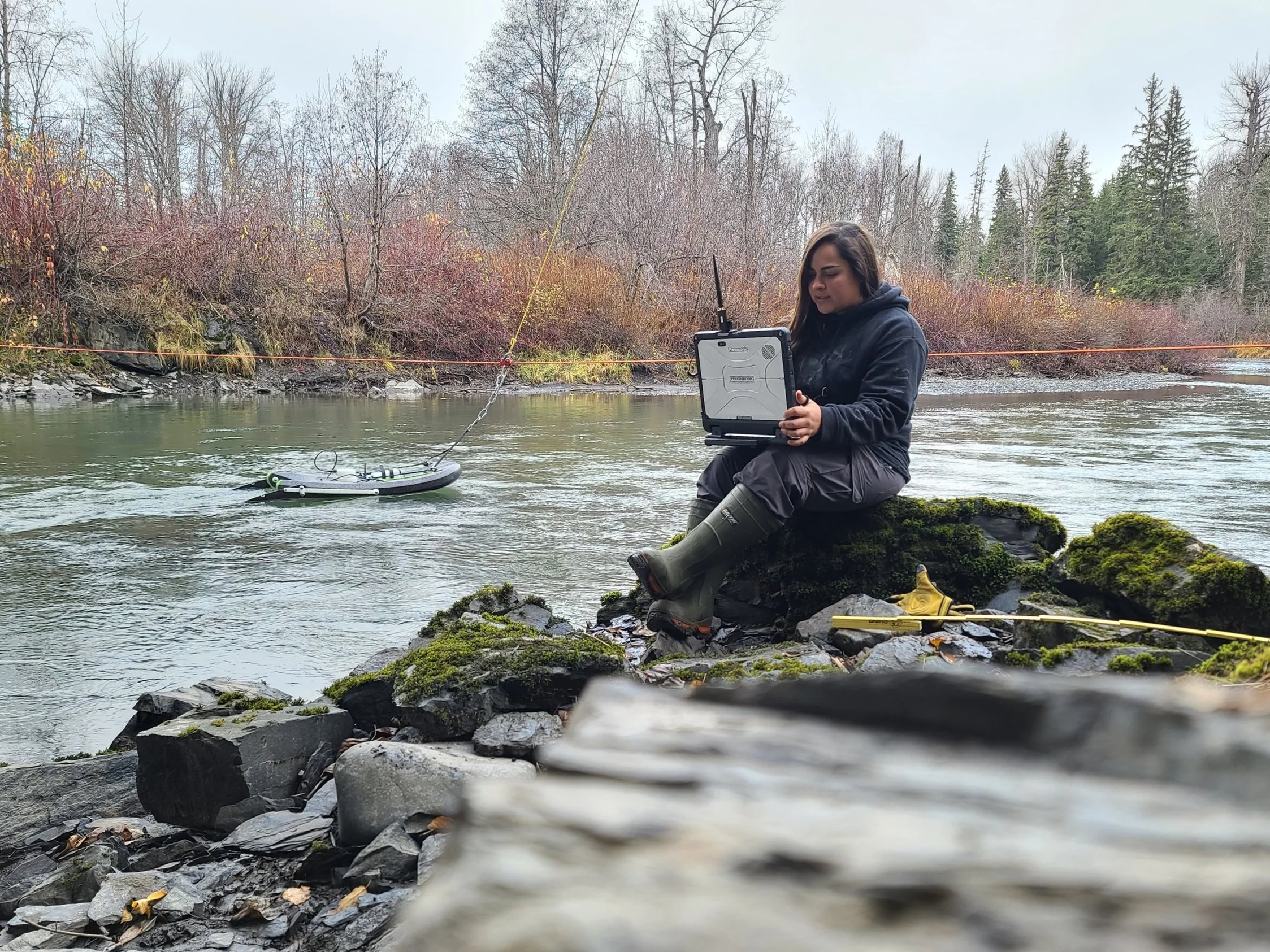Project Themes
Community watershed projects address many objectives and priorities, highlighting the inherent interrelatedness and interconnected nature of the work. Water influences and touches many aspects of human and ecological health.
Recognizing that individual projects address multiple objectives, the IWI team has organized them according to their primary focus:
Watershed Planning and Governance
Watershed Monitoring and Assessment
Indigenous Knowledges and Land-based Learning
Watershed Restoration and Protection
Fisheries and Food Sovereignty
With Indigenous sovereignty at their core and grounded in principles of promoting healthy land and people amid the climate crisis, these projects exemplify a holistic approach.
Indigenous Knowledges and
Land-based Learning
Water is sacred for many Indigenous Peoples. It is an essential part of Indigenous cultures, histories, and knowledges, and this kinship shapes community relationships with water.
Projects include activities such as strengthening and practicing land-based learning, intergenerational knowledge sharing, and revitalizing Indigenous laws.
Watershed Monitoring and Assessment
Gathering and managing data and information is necessary for First Nations sovereignty, governance, and informed decisions relating to their watersheds.
Projects include activities such collecting and analyzing water-related data and employing diverse monitoring techniques, tools, and methodologies
Fisheries and Food Sovereignty
Wild salmon and freshwater fish species are culturally significant and provide a key food source for First Nations communities.
Projects include activities dedicated to caretaking of fish and their habitats, sustainable fisheries management, and accessing traditional foods and harvesting practices/
Watershed Restoration and Protection
Watersheds are a vital source of Indigenous culture, foods, and medicines. The impacts of resource extraction and accelerating climate change have had profound impacts on watersheds and communities.
Projects include activities such as protecting and restoring the health and resilience of watersheds, rehabilitating waterways, and restoring them to their natural state. In doing so, this work helps advance climate adaptation and uphold community rights, health, and safety.
Watershed Planning and Governance
Watershed planning and governance is essential to First Nations self-determination. This critical work helps inform decision-making, and helps ensure watershed resiliency.
Projects include activities such as data collection and assessment, research, developing partnerships, strategies, and policies, to manage watersheds sustainably, and in accordance with Indigenous knowledge and legal orders.








